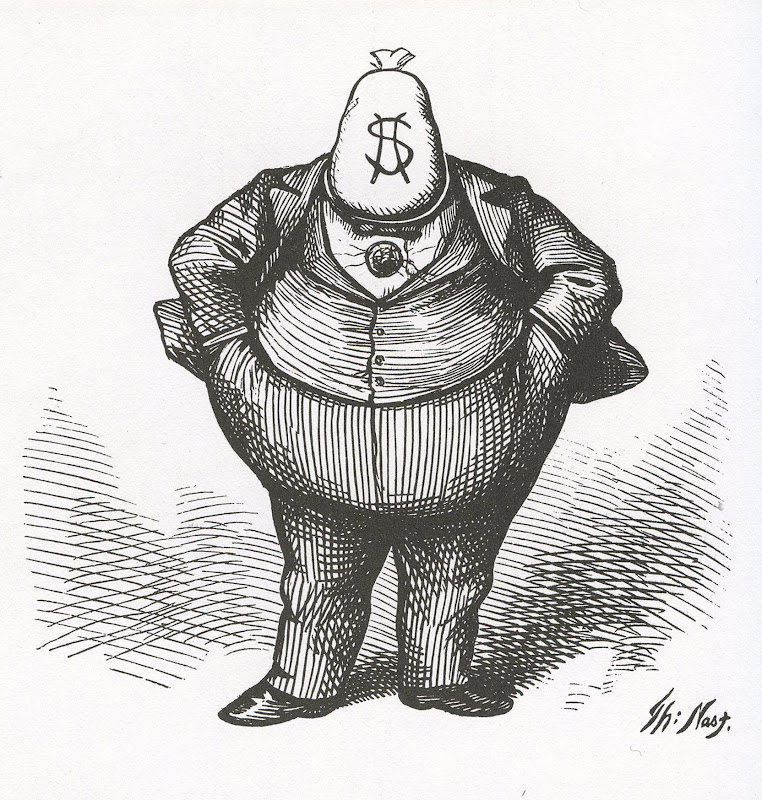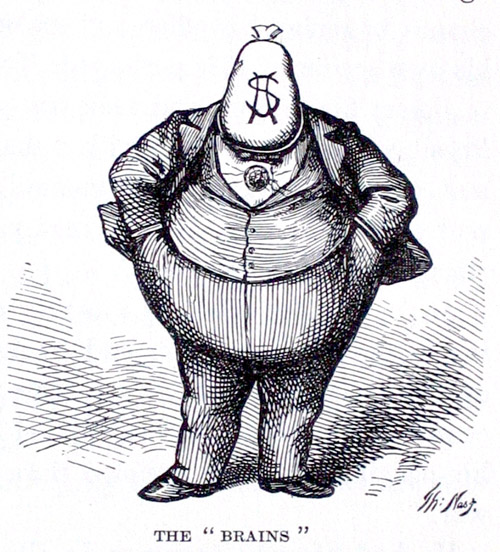As soon as George Washington University economist Steve Rose looked at the numbers and determined that income inequality has actually decreased since the Great Recession, others in the field immediately pushed back. More certainly will. Whomever you believe, even the bearish on the topic think wealth inequality is still at dangerous levels. Of course, depending on how policy is enacted, it’s not destiny. From a post about Rose’s conclusions by David Leonhardt in the New York Times:
The income of the top 1 percent – both the level and the share of overall income – still hasn’t returned to its 2007 peak. Their average income is about 20 percent below that peak. Yet we have all become so accustomed to rising inequality that we seem to have lost the ability to consider the alternative. Maybe it’s because many liberals are tempted to believe inequality is always getting worse, while many conservatives are tempted to believe that the Obama economy is always getting worse.
The numbers, however, make clear that inequality isn’t destined to rise. Not only can economic forces, like a recession, reduce it, but government policy can, too. And Washington’s recent efforts to fight inequality – as imperfect and restrained as they’ve been – have made a bigger difference than many people realize.
The existing safety net of jobless benefits, food stamps and the like cushioned the blow of the so-called Great Recession. So did the stimulus bill that President Obama signed in 2009 and some smaller bills passed afterward. “Not only were low-income people protected – middle-income and some higher income-households had much lower losses because of these public policies,” Mr. Rose said. “For those who think government programs never work, maybe they need to think again.”
Before diving into the numbers on the government’s role, let’s start with the pretax statistics. These are the data on what’s happened before the government redistributes income through taxes and benefits.•



